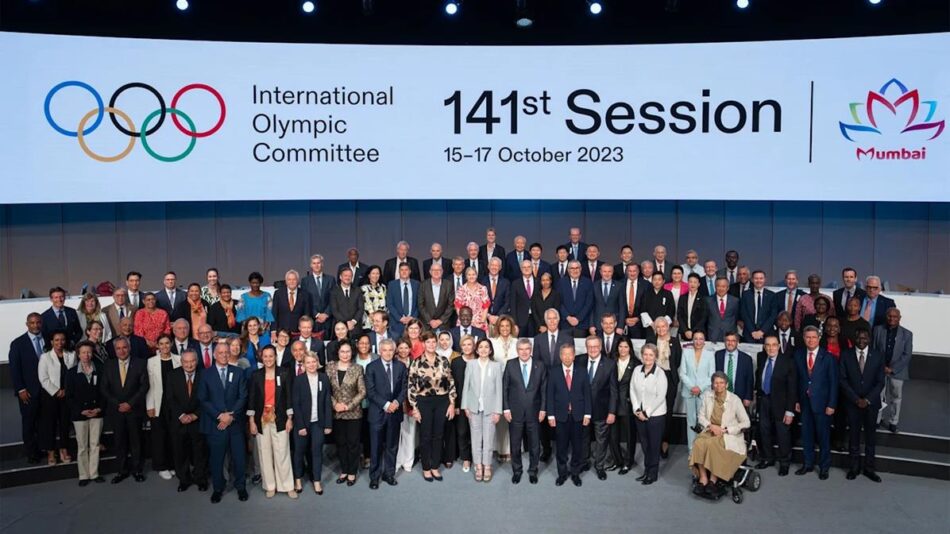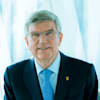#GenderEqualOlympics: advancing gender equality beyond the field of play

07 March 2024 – Advancing gender equality is a commitment that goes far beyond the field of play for the International Olympic Committee (IOC).
Leading by example, the IOC has moved quickly, implementing the reforms of Olympic Agenda 2020:
- 41 per cent of IOC Members are female – 50 per cent more than in 2013 – with more diversity in terms of age and regional representation.
- Gender-equal representation on IOC commissions was reached in 2022 and maintained in 2023, a historic high that equates to a 100 per cent increase since 2013.
- 14 of the 33 commissions, 42.4 per cent, are led by female chairs.
- 33 per cent of the members of the IOC Executive Board are women.
“In today’s world, no organisation or country can afford to leave the skills of 50 per cent of the population behind – either in sport or in society at large. That is why the IOC is committed to closing the gender gap on and off the field of play.”

Thomas Bach, IOC President
The efforts made outside the sporting arena come alongside the momentous efforts made throughout the years to achieve gender parity on the field of play at the Olympic Games. Paris 2024 will be the first gender-equal Olympic Games in history: 50 per cent of the quota places have been distributed to women and 50 per cent have been distributed to men.
Encouraging the Olympic Movement to follow its lead
The IOC is working closely with Olympic Movement stakeholders and encouraging them to take the necessary steps in accelerating and mainstreaming gender equality in their area of responsibility.
In 2016, the IOC Executive Board recommended that National Olympic Committees (NOCs) and International Federations (IFs) set a minimum target of 30 per cent of their decision-making positions to be filled by women by the year 2020. NOCs and IFs were encouraged to set their own goals and adopt supporting measures to achieve and surpass this objective.
With the support of the IOC, several NOCs and IFs have achieved gender balance, and many more are making steady progress to close the gender gap in the upcoming Olympiad.
The IOC has also initiated leadership forums and training programmes for women in NOCs, IFs and National Federations to help prepare those in middle and senior management positions to stand for election to leadership positions.
Ambitious targets and commitments
Today, the IOC’s focus is to build on the many successes achieved and extend its ambitions looking ahead to Paris 2024 and beyond.
To steer the collective efforts for gender equality and inclusion, the IOC has set two key commitments to be achieved by 2024:
- Consolidate the Olympic Games as one of the most effective global platforms for promoting gender equality, inclusion and diversity.
- Lead by example and support the acceleration of women’s meaningful representation in governance, leadership and decision-making bodies in the Olympic Movement.
To guide its work towards the achievement of these commitments, the IOC set concrete objectives for 2021-2024, providing a framework to mainstream gender equality across the IOC’s three spheres of responsibility:
– the IOC as an organisation,
– the IOC as the owner of the Olympic Games, and
– the IOC as the leader of the Olympic Movement.
The objectives cover five focus areas in which the IOC is driving collective action: participation, leadership, safe sport, portrayal and resource allocation.
Through these objectives and the IOC’s leadership, the Olympic Movement will continue its commitment to helping create a more gender-equal world through sport.
Learn more about the IOC’s Gender Equality and Inclusion objectives





